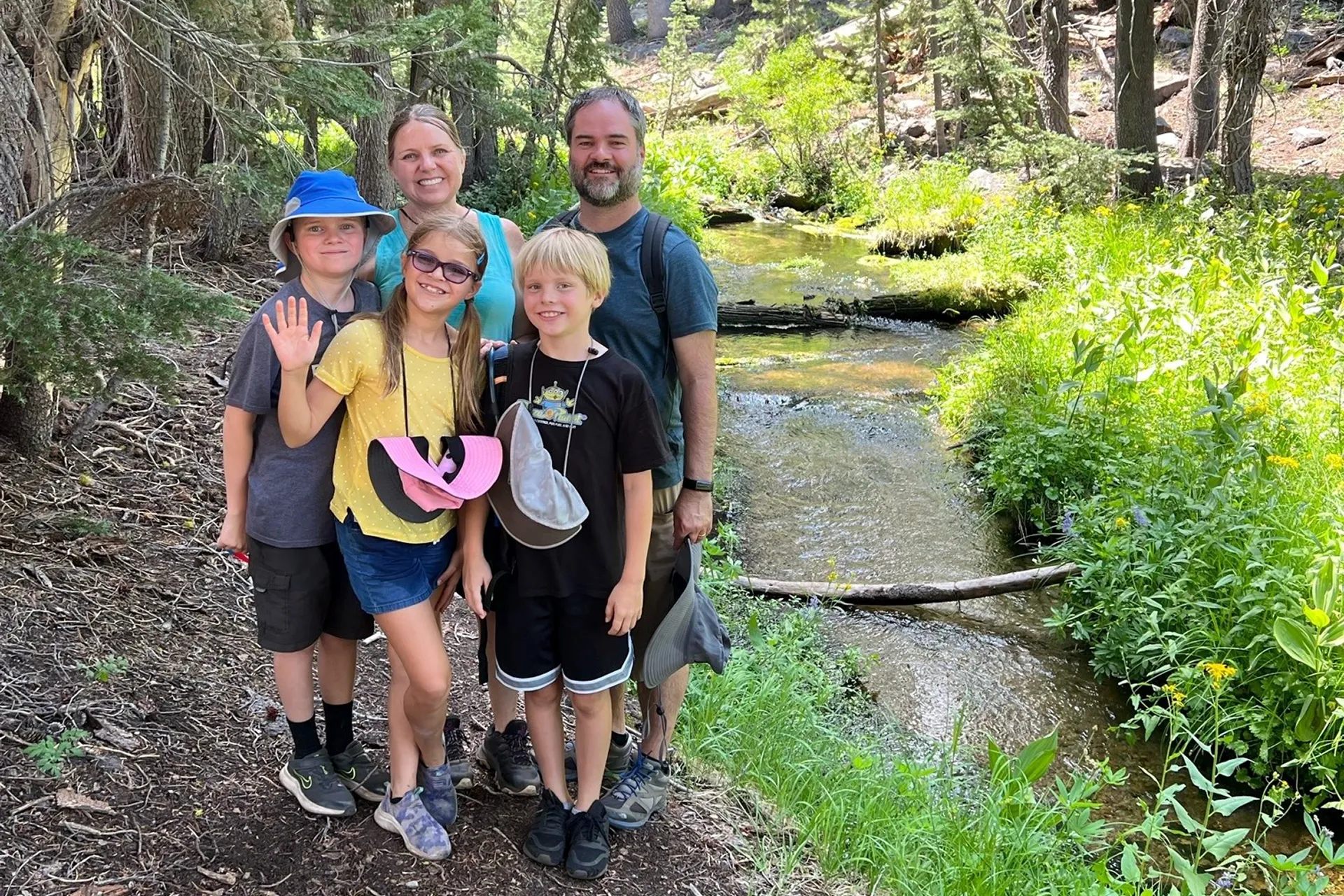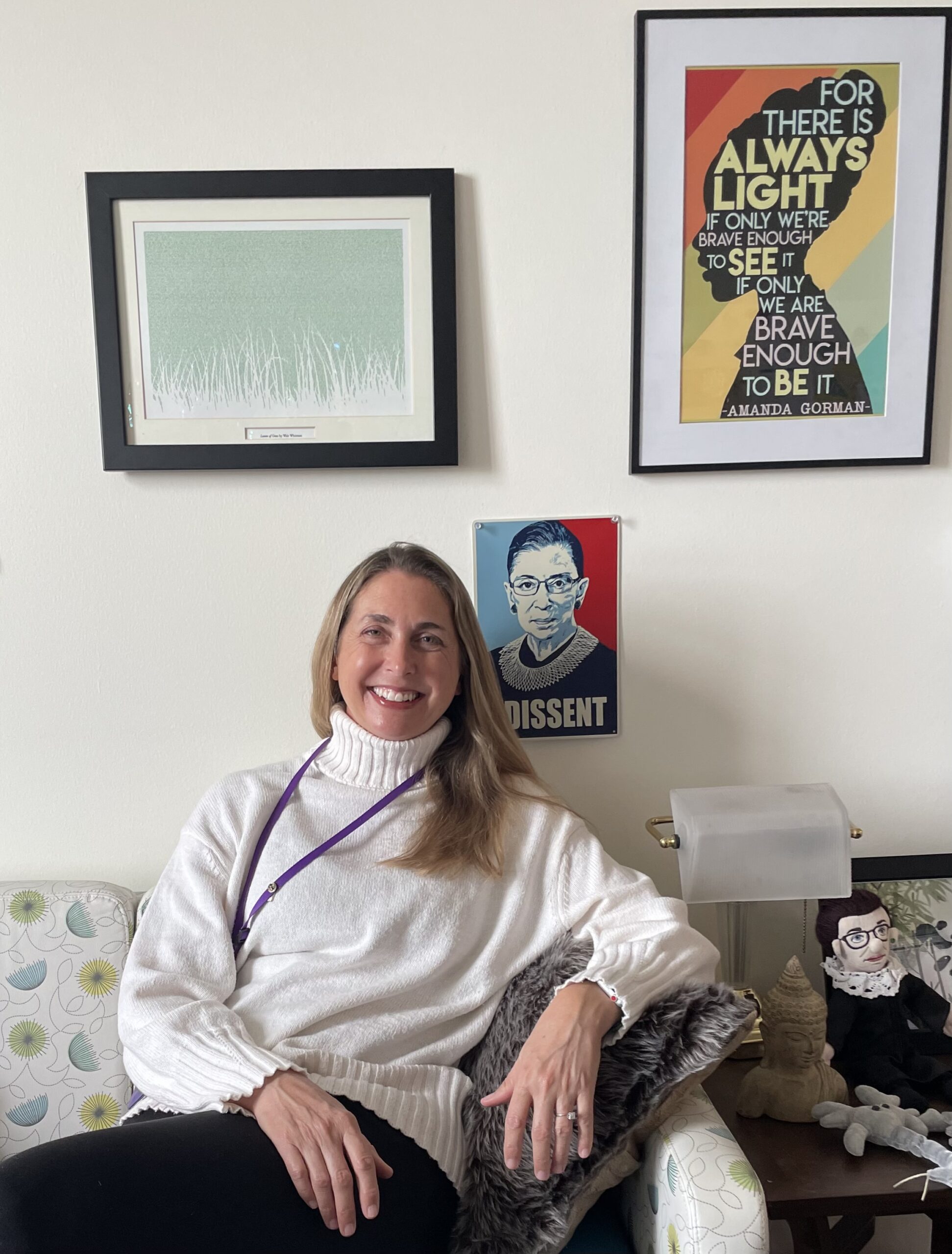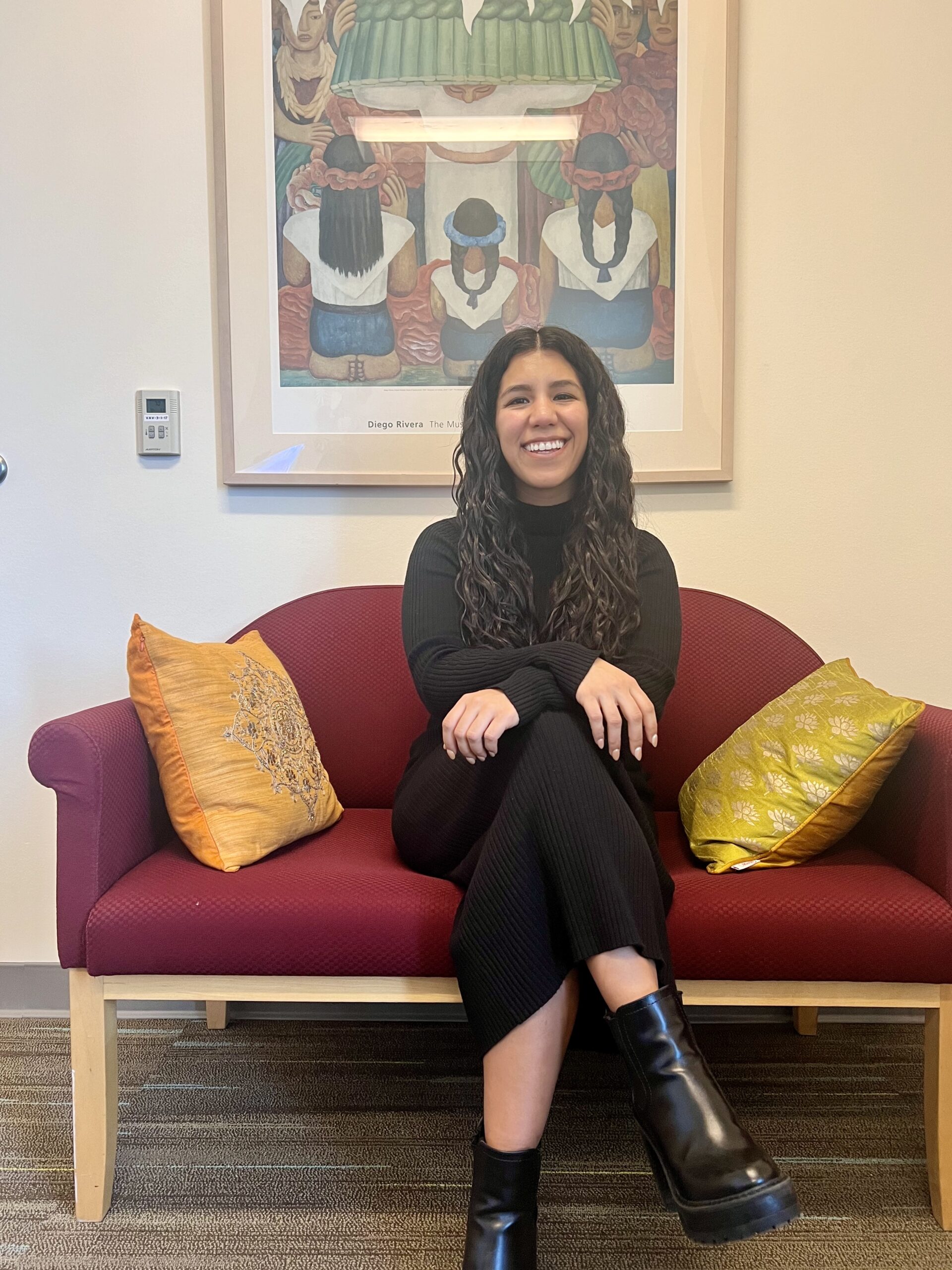This month, the Kaiser Permanente Mental Health Training Programs (MHTPs) are excited to spotlight Kevin Newgren, Psy.D., ABPP (he/him/his). Dr. Newgren is a clinical supervisor at Kaiser Permanente Roseville, where he has supervised postdoctoral residents, predoctoral practicum externs, and pre-masters interns. He was nominated by training director Emilio Licea III, Psy.D. due to his outstanding contributions to the MHTPs.
Dr. Newgren jokes that he “took a wrong turn and landed in the mental health field” but states that in reality, his family members prompted him to pursue this career as it aligned with his natural gifts. However, Dr. Newgren also considered a career in computer programming! After a brief foray into the field, he decided working with people sounded more interesting and decided to become a therapist. He originally went to school for his MFT, but quickly became intrigued by psychological assessment, prompting him to return to school for his doctoral degree.
At Kaiser Permanente, Dr. Newgren has bolstered his passion for psychological assessment and it is now one of the main focuses of his job. Assessment can be very challenging, as it often involves sharing news that is difficult for patients to hear. However, it also provides clarity into the “why”—why they are experiencing what they are, giving names to symptoms, and instilling hope. Although his primary clinical role is conducting assessments, Dr. Newgren also runs an OCD class and states one of his favorite parts of his job is treating OCD. He enjoys helping people make sense of their experience and feel understood and reassured.
Dr. Newgren currently supervises postdoctoral residents but has worn many hats in the training programs over his past seven years of supervising. He enjoys being part of the training team and trying new things, and states, “if there’s a need, I’ll fill it.” Working with trainees provides Dr. Newgren with the opportunity to stay on top of what’s going on in the field of psychology. He believes that in this line of work it can be easy to get stuck in a silo, studying your own interests, and taking continuing education credits on familiar topics. Supervising allows an opportunity to hear from trainees about cutting edge research, updated practices, and challenges him to stay on top of what he is not familiar with. A trainee might have a different expertise or ask a question about a blind spot and this pushes him to keep learning. Dr. Newgren finds it rewarding and exciting to see people entering the field with enthusiasm and excitement. Burnout is common in this line of work and being able to regularly talk with animated trainees keeps the work exciting. He also enjoys seeing trainees step into new roles and build confidence.
Prior to his time at Kaiser Permanente, Dr. Newgren had a unique training experience working with the Amish community. He had the opportunity to provide therapy services, including inpatient services and psychological testing, to Amish individuals. He administered the Rorschach and had the opportunity to review the efficacy of personality instruments including the MCMI, MMPI, and PAI with the Amish community. Being able to see that these tools worked and were effective with this population fascinated him, and he also loved seeing how this community approached mental health. He observed how friendly and playful the Amish are and reflected on how differently mental health is viewed in their community. Specifically, he shared that it does not carry the same type of stigma that it does in mainstream American culture. Dr. Newgren observed Amish individuals approach mental health factually and realistically, wanting to be knowledgeable, involved, and helpful as a community.
When asked what advice he would offer to someone newly in the field, he responded with, “You can’t know everything.” He talked about the pressure new clinicians often feel to know all the answers, when in reality, nobody can possibly know everything. There is immense power in acknowledging what we don’t know, and it’s okay to say, “I have no idea, I’m stumped, I’m lost,” and use it as an opportunity to grow.
Contributed by Micaela Birt, Psy.D.





